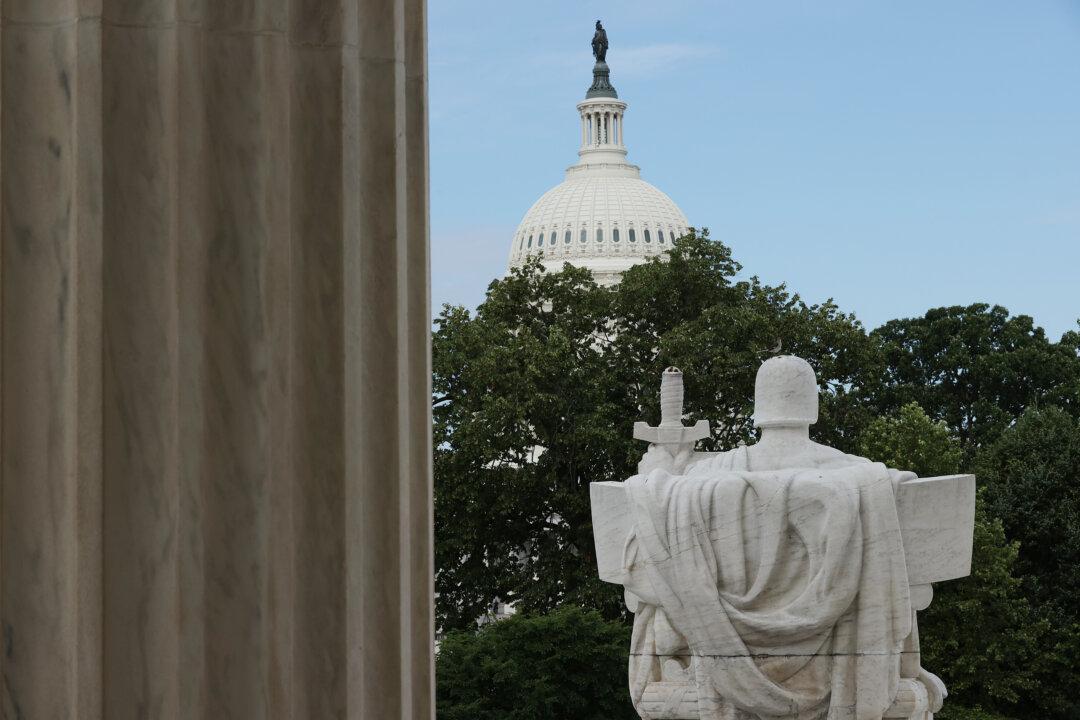Arizona has filed papers with the Supreme Court in an effort to fight off Democratic Party efforts to relax electoral integrity measures and throw open the state to ballot-harvesting and out-of-precinct voting.
The case is cited as Brnovich v. Democratic National Committee (DNC). Mark Brnovich is the state’s Republican attorney general.





